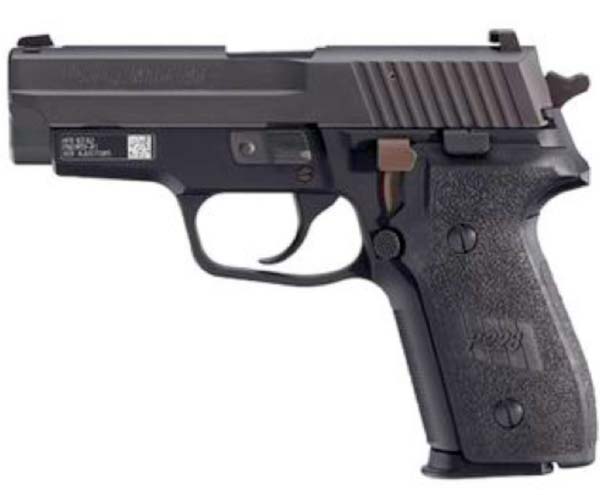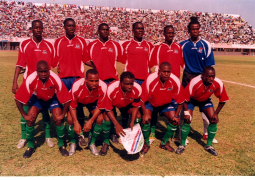
Sheriff
Kumba Jobe, defence counsel representing Babucarr Njie, a soldier who was found
with a pistol at the King Fahd Mosque, on 30 March 2017, made an oral address
before Magistrate Janneh-Njie of the Banjul Magistrates’ Court.
Addressing
the court in a voire dire, the defence counsel stated that Babucarr Njie was
charged with going armed in public.
He
posited that the prosecution intended to tender cautionary and voluntary
statements of the accused which the defence objected to, because they were not
obtained voluntarily, adding that it was against the Evidence Act.
He
adduced that since the court ordered for a voire dire to determine the
voluntariness of the statements, the prosecution called two witnesses.
He
said that Fabakary Kinteh, a prosecution witness, told the court that on 10
Fabruary 2017, he was at the police headquarters to serve as an independent
witness.
He
stated that he was present at the time of recording the statements.
The
defence counsel further indicated that under cross-examination, his evidence
was controverted and reduced to be unreliable.
He
said the independent witness was told that he was not present at the time the
statements were being recorded and admitted it, adding that he was an
unreliable witness.
Counsel
Jobe submitted that the independent witness said the statements were obtained
between the hours of 2p.m and 3p.m.
He
posited that Jally Senghore, the first prosecution witness, stated that he
recorded the statements on 10 February 2017, and before doing so, he cautioned
the accused in the presence of the independent witness.
He
adduced that under cross-examination, it was very clear that Jally Senghore was
evasive by refusing to answer the questions.
Counsel
Jobe said he was asked when the statements were recorded and he said he could
not remember.
He
posited that the witness was asked about the working hours of the country and
he said he did not know, in order to cover the time the statements were
recorded.
Counsel
Jobe stated that the entire evidence of Jally Senghore was controverted by the
defence, and his evidence was unreliable.
He
further indicated that the accused told the court how and the circumstances
under which the statements were obtained, adding that the prosecutor failed
woefully to cross-examine the accused.
Counsel
Jobe submitted that the issue to be determined was whether the prosecution had
proved beyond reasonable doubts that the statements were obtained voluntarily.
He
stated that the prosecution failed or refused to adduce any material evidence
before the court to prove that the statements were obtained voluntarily.
He
cited section 33 of the Evidence Act to support his argument.
He
said the combined effects went to show that the statements were obtained on 10
February 2017, around 10:42p.m, which was against the evidence of the
prosecution, especially the independent witness.
He
further posited that the issue of confession would come to play in the matter,
citing the Evidence Act.
Counsel
Jobe indicated that under no circumstances, a confessional statement was
inadmissible if it was not made before an independent witness.
He
submitted that the evidence of the defence revealed that the accused was
threatened at the time the statements were obtained, which was not challenged
by the prosecution.
He
added that it was trite that a confessional statement was inadmissible when the
author was under threat.
He
posited that since the prosecution had failed to adduce evidence that the
statements were obtained voluntarily, that rendered the statements involuntary.
Counsel
Jobe urged the court to disregard the statements sough to be tendered, adding
that it violated the manner in which they were recorded and also the Judge’s
rule and all standard practice.
Prosecutor
Bojang applied for an adjournment to enable him to file a written address.
The
case was adjourned until 13 April 2017.


